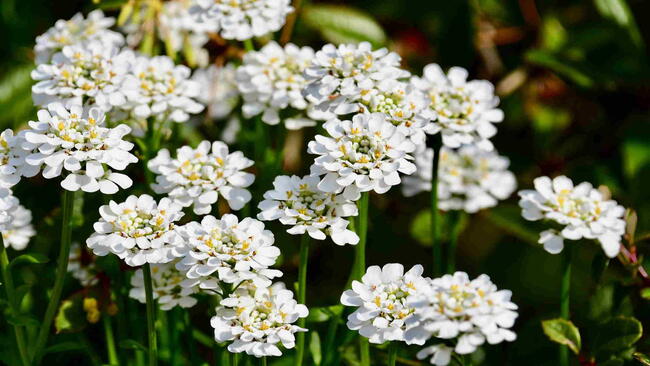
Photo Credit
Nahhana/Shutterstock
Subhead
The Complete Flower Guide for Stunning Hanging Baskets and Groundcover
Read Next
Types
- Chaenostoma cordatum ‘Blue Showers’: lavender-blue flowers
- C. cordatum MegaCopa series ‘Pink Shine’: large pink flowers
- C. cordatum Snowstorm series ‘Giant Snowflake’: large (12- inch), white flowers; vigorous grower
- C. cordatum Snowstorm series ‘Snow Globe’: large white flowers










Comments